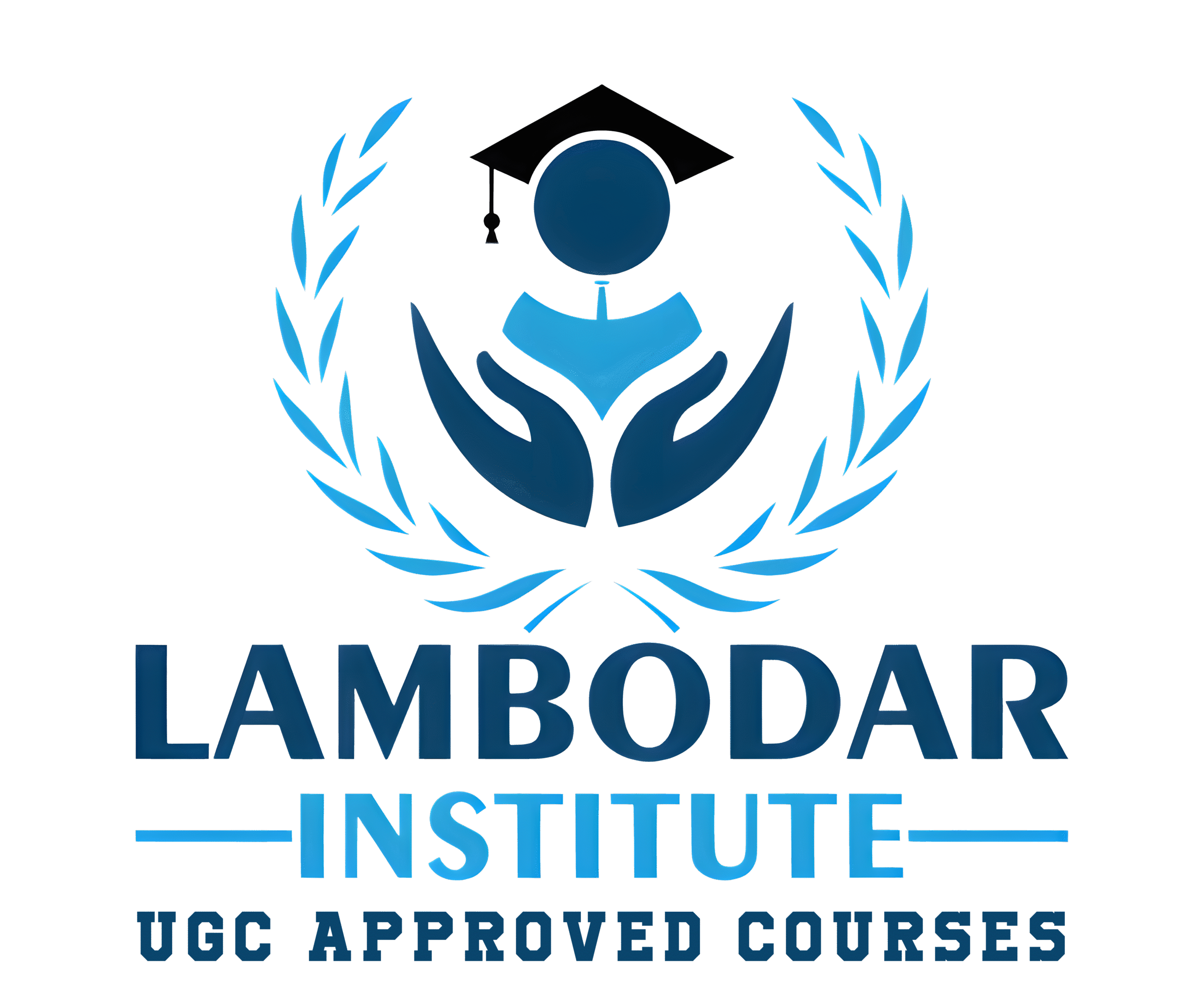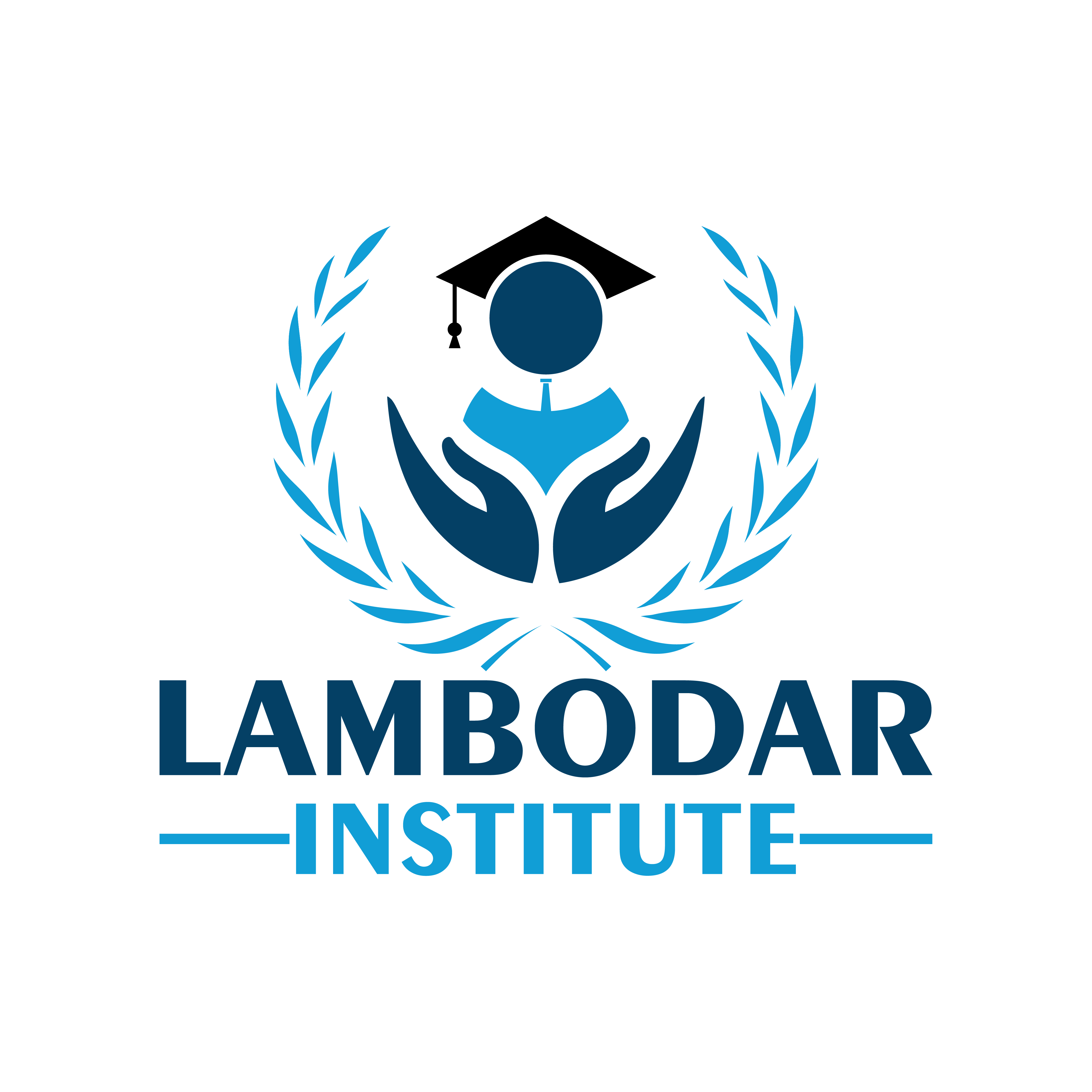The Diploma in Aviation Management at Lambodar Institute is a comprehensive program designed to prepare students for managerial roles within the aviation industry. This one-year course focuses on imparting knowledge and skills related to aviation operations, safety management, regulatory frameworks, and customer service excellence.
As the aviation sector continues to expand globally, there is a growing demand for professionals equipped with both technical and managerial expertise. This program aims to bridge that gap by providing a curriculum that combines theoretical foundations with practical applications.
Course Content
1. Introduction to Aviation Management
This module offers an overview of the aviation industry, including its history, structure, and the various stakeholders involved. It sets the stage for understanding the complexities of aviation operations.
2. Aviation Operations and Safety Management
Students delve into the core aspects of aviation operations, focusing on safety protocols, emergency procedures, and regulatory compliance. This includes understanding the roles and responsibilities of various operational staff and the importance of adhering to safety standards.
3. Air Traffic Control and Navigation
This subject covers the principles of air traffic control, navigation systems, and flight planning. Students learn about the technologies and procedures that ensure safe and efficient airspace management.
4. Aviation Law and Regulatory Framework
An in-depth look at the legal aspects governing the aviation industry, including international aviation law, regulatory agencies, and compliance requirements. This module ensures students are well-versed in the legalities of aviation operations.
5. Customer Service in Aviation
Focusing on the passenger experience, this module teaches students about customer service principles, handling passenger inquiries, and managing service quality in the aviation context. It emphasizes the importance of customer satisfaction and loyalty in the airline industry.
6. Airport Management and Operations
Students explore the intricacies of airport management, including terminal operations, baggage handling, security protocols, and airport logistics. This module provides insights into the efficient functioning of airport systems.
7. Internship and Practical Training
To bridge theory and practice, students engage in internships with airlines, airports, or aviation-related organizations. This hands-on experience is crucial for understanding real-world aviation operations and for building industry connections.
Upon successful completion of the program, graduates are equipped to pursue careers in various aviation sectors, including airline management, airport operations, air traffic control, and aviation safety management.




